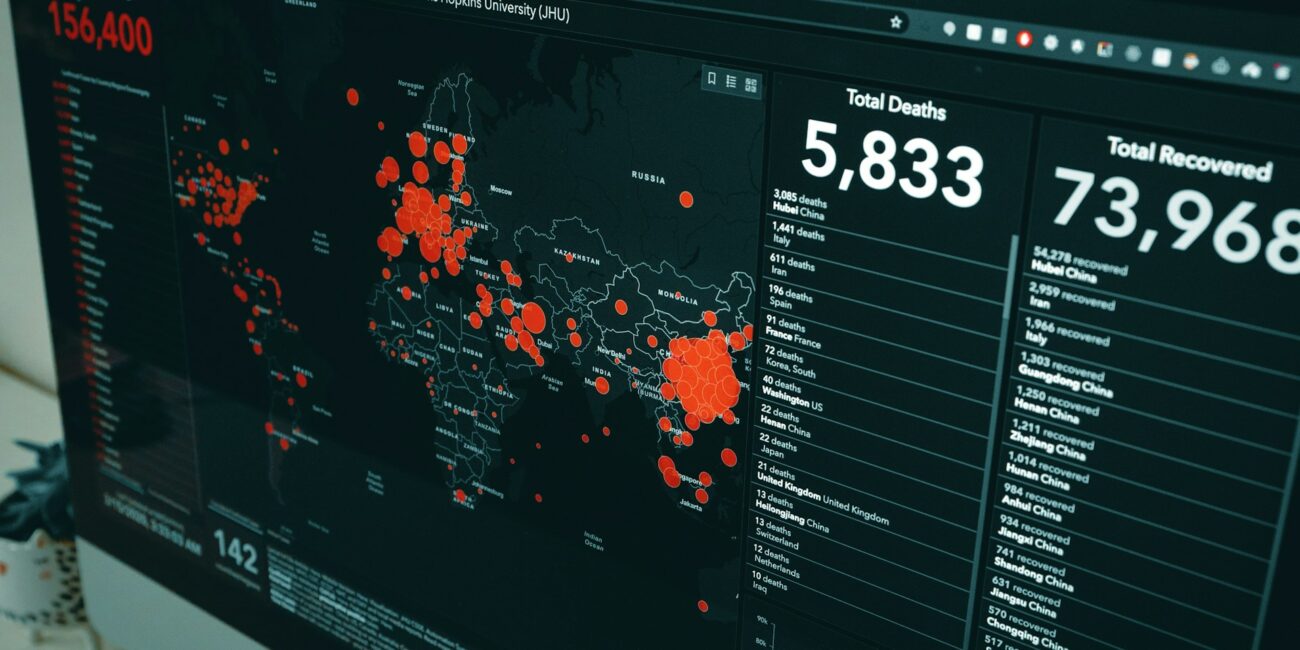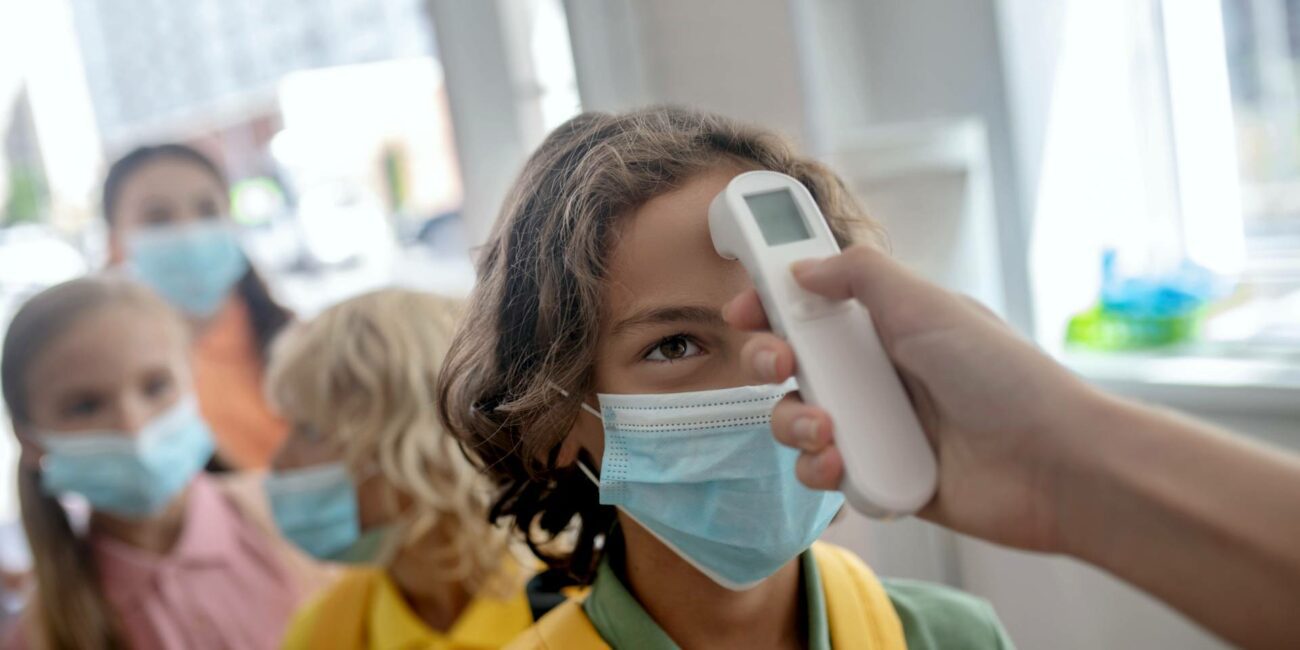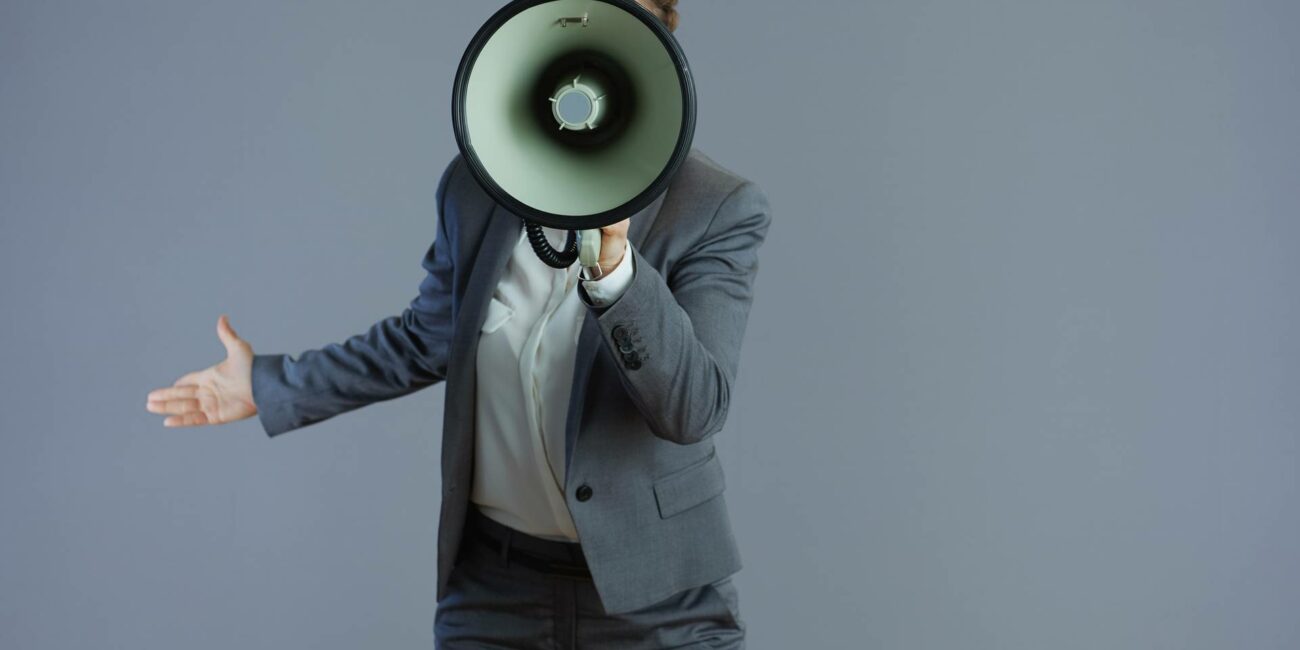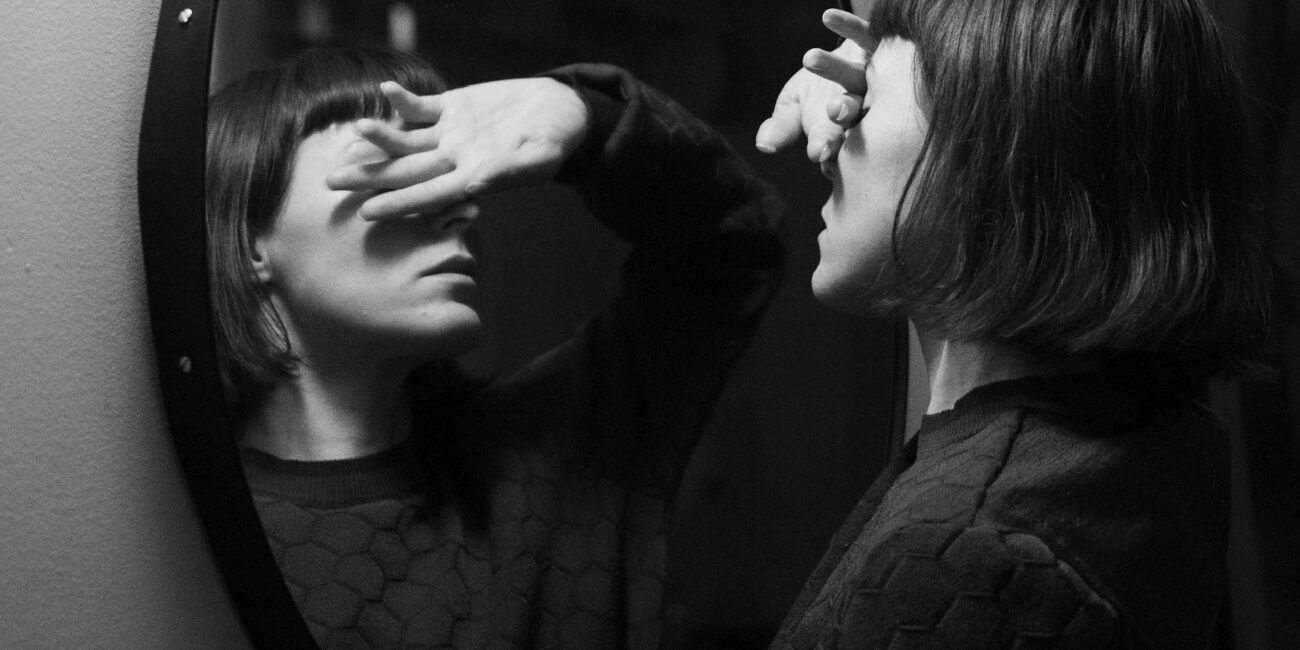Written by: Emma McArthur
Whatever we think about lockdowns, one thing is clear. None of us want Grandma (or anyone else for that matter) to die. Whether we are pro-lockdown or anti-lockdown, we are also all fractured and afraid.
Sadly, rather than uniting us, governments are encouraging division within our society. Asking people to report ‘rule breakers’ is one example. Telling us not to hug our children and grandchildren for fear of contagion is another. It is hard not to draw parallels with the ‘Junior Spies’ encouraged to report their parents in George Orwell’s 1984, where loyalty is to the state over family.
Alongside this is the relentless propaganda campaign, and the punishment of dissenters (anyone who expresses an alternative opinion on masks, lockdowns, herd immunity, medications, vaccines and testing). These are just a few of the deliberate tactics of fear and control that are being used on us by governments and media empires. These are age old tricks employed by those seeking power – the Nazis in Germany and the Communist Party in China during the Cultural Revolution, being two notable examples. Divide and conquer is a well-known phrase for good reason.
So, whatever we think about lockdowns and all the other COVID rules, surely, we must ask – who does it serve if we report our neighbour? How does it make us feel when we are encouraged to stay apart from our family and friends – does it feel good, or does it leave a sour taste in our mouth? Does it strengthen us and build a stronger community around us if we cease to trust each other? What happens if we break our relationships with our fellow citizens and one day, we need their help? Do we want to live in a world without trust? Is this the world we wish our children to grow up in?
How can we move forward if we are feeling afraid and divided? Not only physical separation through lockdowns but also spiritually, because at the heart of this crisis is a crisis of faith. Along with an increasingly secular world, we are also losing faith in ourselves and each other, and our governments are cheering us on. Instead of looking to each other, we are being asked to put our trust in our governments. We are being asked to believe that they have the divine power to save us from a respiratory virus that has millions of years of evolution on its side.
Our leaders seem to have fallen for their own propaganda and are enjoying this newfound adulation. They appear to have no trust in citizens either and therefore, are resorting to the authoritarian tactics we have all experienced over the past year. A new level of control and tracking has entered our lives. Whether we agree with them or not, the ever-changing rules and endless disruptions to the fabric of our lives, have left us all feeling battered and bruised, confused and fearful.
Whatever we believe, we are all suffering. Our communities are suffering. We all want to find a path forward. And none of us want people to die – even though we all know that death is a part of life, the one thing we can all be certain about.
History shows us that the best way out of this is together. Not divided. If we allow our response to COVID-19 to fracture our communities, we will all be poorer for it. The fact is we share a common humanity, and it is this that unites us all. We all experience joy, anger, sadness, and fear. And most important of all, we all feel love. Despite the government’s attempts to pitch us against each other, we still have more that unites us than separates us, and perhaps it is time to bridge the divide that has been created. To take back our power, reclaim what we share and love our neighbours. Welcome ‘the other’ to our table. Embrace the stranger who is different to us and does not share our beliefs. Trust each other. Listen to each other.
Whether pro-lockdown or anti-lockdown – it’s time to put down our weapons, look each other in the eye and say, ‘I see you and you are important to me. How can we help each other?’

Emma McArthur
A former radiographer, Emma moved from the UK to South Australia in 2007. Following a career break to raise her family, Emma completed a Master of Social Work. She has worked in the fields of homelessness, mental health and counselling for survivors of childhood sexual abuse.




